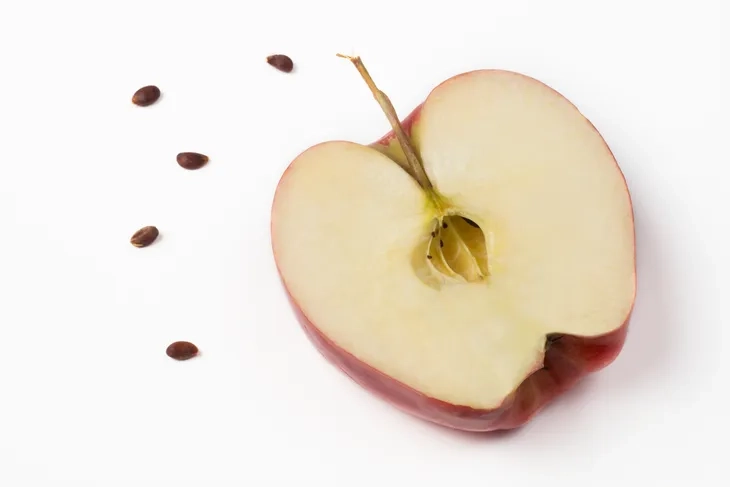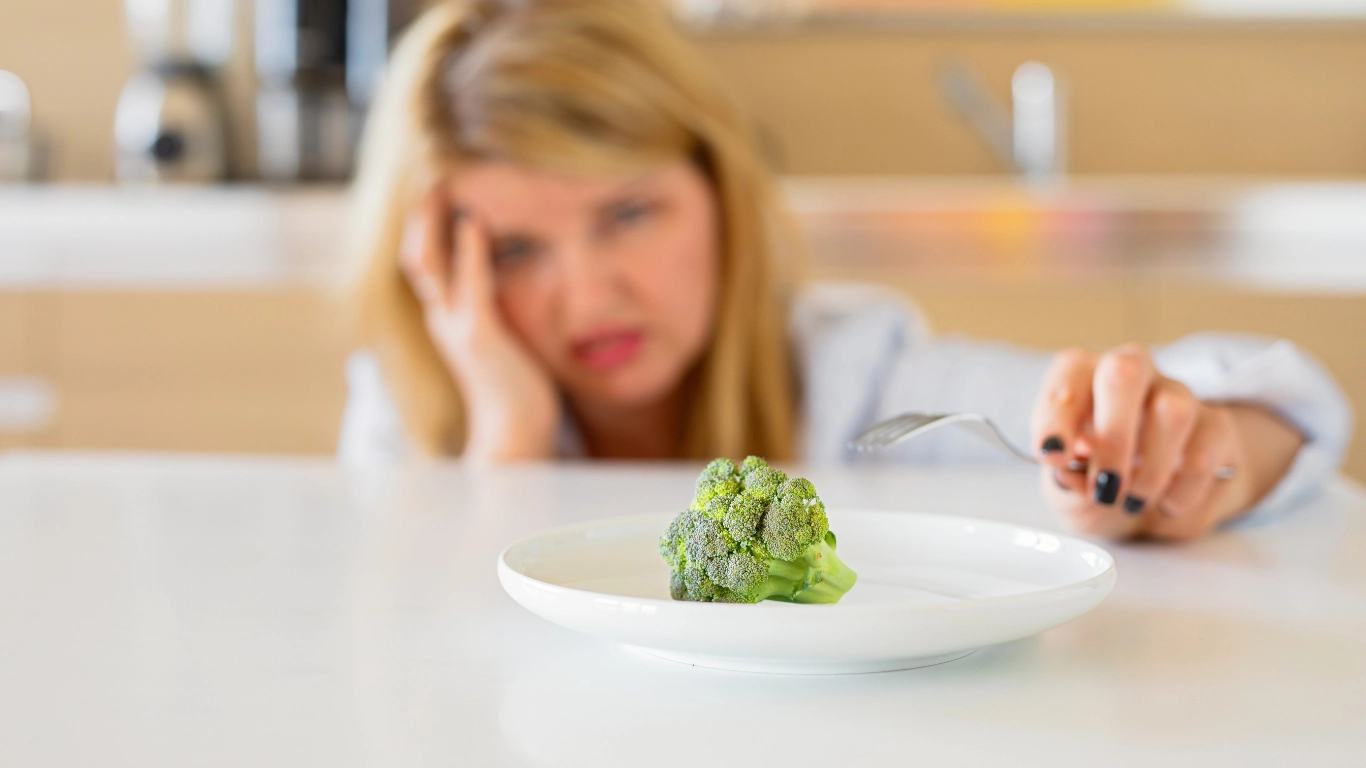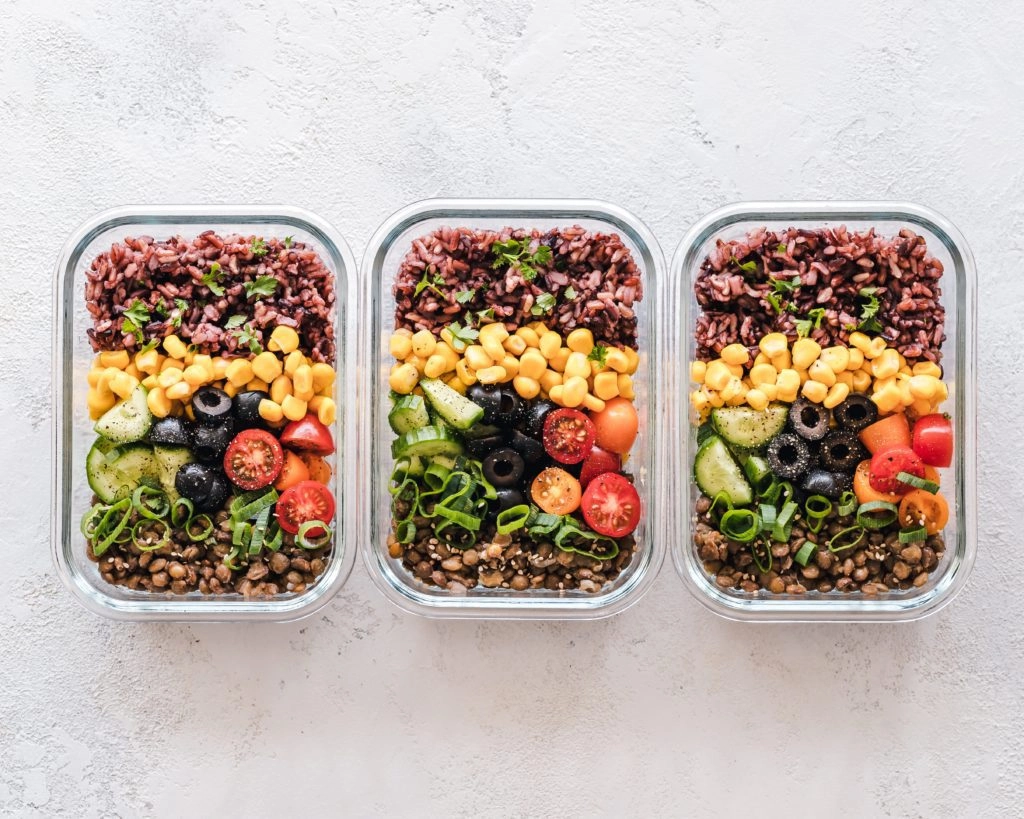Beware: Surprising Dangers Lurking in Everyday Foods

In today's quest for healthy eating, it's easy to overlook the potential risks posed by seemingly harmless everyday foods. While many focus on allergies to shellfish, nuts, bananas, or eggs, there are other less-discussed dangers to be aware of lurking in your kitchen.
In today's quest for healthy eating, it's easy to overlook the potential risks posed by seemingly harmless everyday foods. While many focus on allergies to shellfish, nuts, bananas, or eggs, there are other less-discussed dangers to be aware of lurking in your kitchen.
Rhubarb: More Than Just Grandma's Pie Ingredient
Rhubarb is a versatile ingredient, often used in jams and pies. However, its leaves contain oxalic acid, which can lead to severe side effects including throat irritation and convulsions. Even cooking won't neutralize this risk.
Apples: A Core Concern
While apples are lauded for their nutritional benefits, their seeds contain cyanide, albeit in amounts typically only dangerous if consumed in large quantities. Still, caution is advised, especially when munching on the cores.
Nutmeg: A Spice with a Dark Side
Nutmeg's hallucinogenic properties due to myristicin content can lead to nausea and heart palpitations when ingested excessively. Extreme cases may even result in organ failure, underscoring the importance of moderation.
Elderberries: Not Without Precautions
Elderberries, enjoyed in various culinary forms, must be fully ripe and properly cooked to avoid nausea and vomiting caused by high glycoside levels. Improperly prepared berries can pose cyanide-related health risks.
Rice: The Arsenic Conundrum
Despite its affordability and versatility, rice may contain arsenic, particularly brown rice and varieties grown in certain regions. Prolonged exposure, even to low doses, can contribute to various health issues, including heart disease.
Cherries: Beware the Pits
Cherry pits not only pose a choking hazard but also contain compounds that can convert to cyanide when crushed. Even broken pits can cause complications if ingested, warranting caution.
Red Kidney Beans: Handle with Care
Undercooked or raw red kidney beans contain phytohaemagglutinin, which damages intestinal walls and can lead to symptoms such as abdominal pain and diarrhea. Proper cooking is essential to neutralize this toxin.
Potatoes: More Than Just a Staple
Potatoes, while a dietary staple, produce solanine, a natural pesticide that can cause gastrointestinal discomfort and other health issues, particularly in green or sprouting potatoes.
While these foods offer nutritional benefits, awareness of potential risks and proper preparation are crucial for safe consumption.






